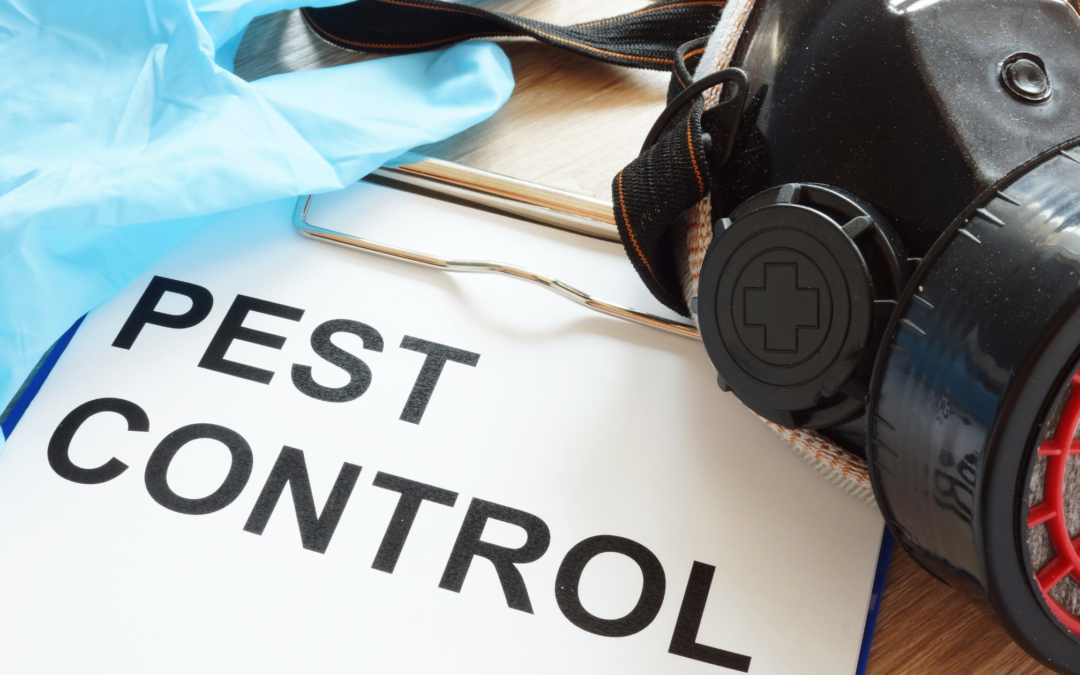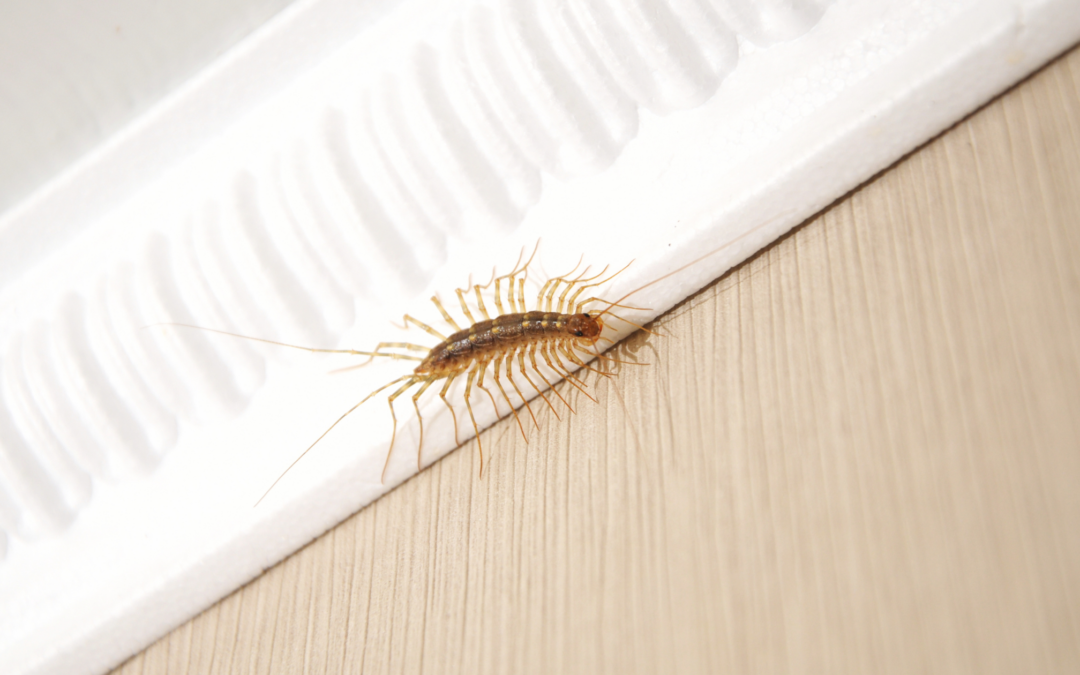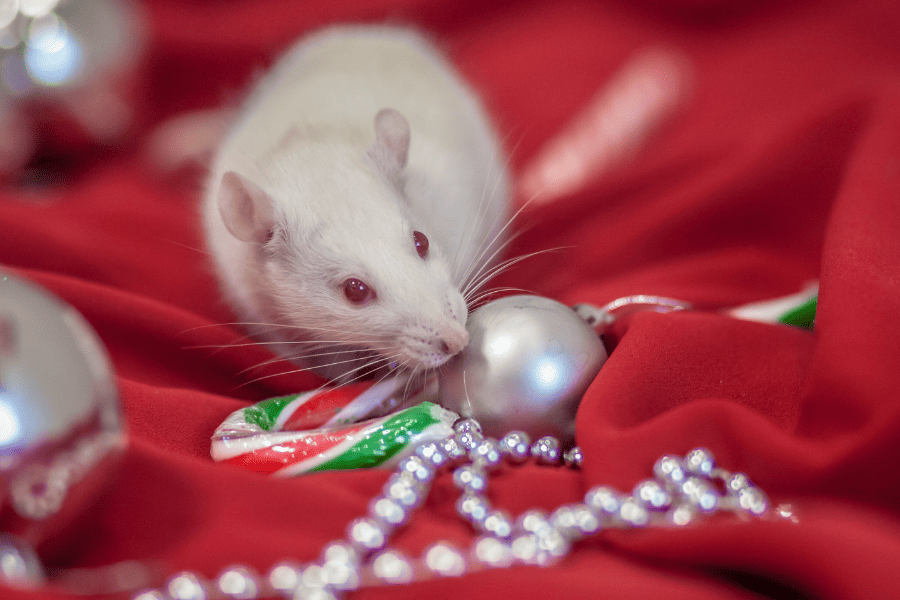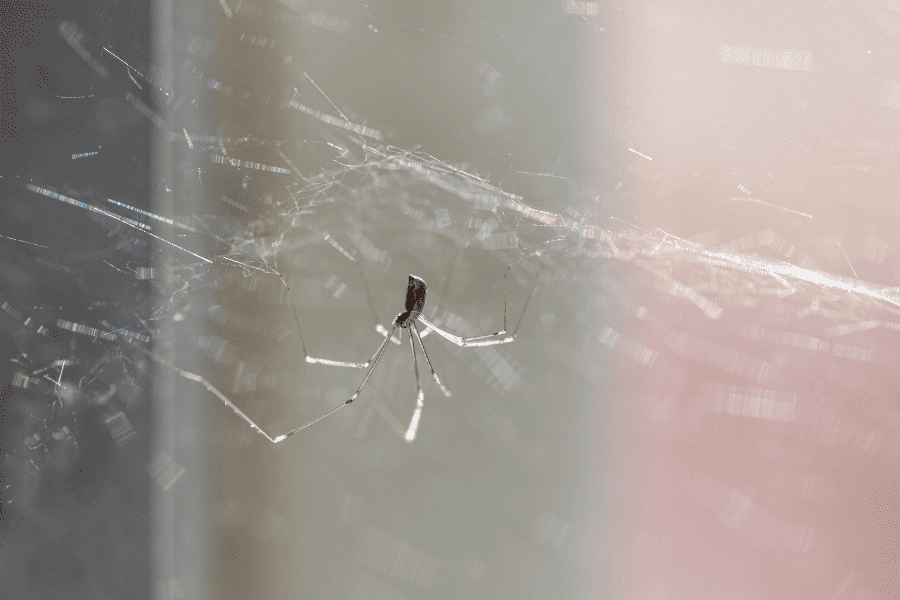READY TO GET STARTED?
REQUEST A FREE ESTIMATE
Fill out the form below or call (888) 466-7849 for a free, no-obligation estimate.


Centipedes: those creepy crawlers that send shivers down our spines when we encounter them scurrying across the floor. But beyond their unsettling appearance, many homeowners wonder: can centipedes bite or sting? Let’s dive into the facts and debunk the myths surrounding these household pests.
Centipedes are elongated arthropods with multiple pairs of legs, ranging from 15 to 177 pairs depending on the species. They typically have a flattened body and are light brown to dark brown or even reddish in color. One distinguishing feature is their long antennae and the pair of venomous claws located behind their head, known as forcipules.
Spotting a centipede indoors is often the first sign of an infestation. They tend to hide in dark, damp areas such as basements, bathrooms, and crawl spaces during the day and come out at night to hunt for prey.
While centipedes may look intimidating, they are generally not aggressive towards humans. However, if threatened or mishandled, they can deliver a painful bite using their venomous claws. While the venom is not typically dangerous to humans, it can cause localized pain and swelling.
Centipedes can be beneficial to your property by preying on other household pests such as cockroaches, spiders, and silverfish. However, their presence in large numbers can indicate an underlying pest problem that needs to be addressed.
Prevention is key when it comes to controlling centipedes in your home. Here are some tips to keep them at bay:
Don’t let centipedes and other household pests invade your space. Take proactive steps to protect your home and family by partnering with a trusted pest control company. Contact a pest control company near you today for a free pest control quote and let our experienced technicians help you reclaim your home from unwanted intruders.
While centipedes can bite if provoked, they are generally not a significant threat to humans. However, their presence can indicate underlying pest issues that need to be addressed. By following preventive measures and seeking professional pest control assistance when needed, you can effectively manage centipedes and enjoy a pest-free home environment.

As the holiday season approaches, most of us are gearing up to host dinners and celebrations with friends and family. While preparing for your guests, the last thing you want to deal with is a pest infestation! Spiders, roaches, rodents, and more household pests are looking to your home for food, water, and shelter. Before you break out your holiday decorations, check out our pest prevention tips for holiday pest control!
If your South Florida home has an attic, basement, or a garage, it’s likely you’re storing your holiday decorations in them. While these areas can be a great way to store items, they are also dark and secluded, making it the perfect place for pests to invade. Pests, like rats and mice, will crawl into your holiday storage boxes you put away last year, destroying and contaminating them!
Before you bring down your holiday decorations, make sure to inspect and unpack them outside of your home. After the holiday season is over, pack certain decorations, like potpourri, foliage, and Indian corn in airtight containers to help prevent a pest infestation next year.
If celebrating Christmas, many families tend to buy an authentic Christmas tree and wreath. Unfortunately, these items can carry pests like spiders, moths, mites, and even squirrels! To prevent these pests from hitchhiking their way into your home, inspect both items outside and shake them to ensure they aren’t hiding in them. Likewise, before buying the items, check to see if they contain any droppings, gnawing marks, and other damage before bringing them inside.
Pests love clutter and with extra guests in your home, trash and clutter can add up. It’s important to keep your home tidy and clean as much as possible. After each meal, clean up any crumbs and spills in your dining room and kitchen areas. Don’t forget to take the trash out every night and place it in a trash container with a tightly sealed lid. If you know you will have extra food supplies, look to store them in an air-tight container and place it in your pantry or refrigerator.
If you’ve noticed more pests than you’re comfortable with before your guests arrive, consider calling your local South Florida pest control company. These professionals will be able to inspect your home, identify the pest and entry points, and recommend the best pest control and prevention plan to avoid holiday pests in the future!

If you’ve noticed an increase of spiders inside your Florida home, it can be quite alarming for most homeowners! While most spiders are not dangerous to humans and are considered a benefit to our environment, it doesn’t mean you want them inside your house. With several species found in Florida, including daddy long legs, southern house spider, black widows, and more, it’s inevitable to come across one, but it’s easy to prevent, reduce, or eliminate their presence around your home. Check out the reasons why spiders are entering your home and easy spider prevention tips to avoid them in the future.
Spiders enter homes to search for food and find a habitat to continue looking for prey to feed on. Spiders eat insects, so if you’ve found webs around your home, it’s likely that those spiders found their food source. Inspect the inside and outside of your home for spider signs, these include spider webs, egg sacs, insects they feed on, or the spiders themselves.
There are several ways you can help reduce spider activity on your property. Spiders are looking for food, so it’s important to reduce the amount available to them by removing other household pests from your property. You can reduce the insects on your property by:
Not only is it important to reduce the insect population to avoid spiders, but it is equally important to deter them from even entering your home. Consider these spider prevention tips to avoid them from invading indoors:
If you’ve noticed more spider activity than you’re used to, consider calling your local Florida pest control company for help. These professionals will provide you with a thorough inspection and recurring pest control plan to help avoid spiders and other household pests in the future.

With the holidays nearing, now is the perfect time to ensure you don’t have pantry pests in your Tennessee home. Pantry pests are insects that like to invade your stored food products, often laying their eggs to reproduce and causing a full blow infestation. Let’s go over common pantry pests you can find in your home and how you can further prevent them.
The Indian meal moth is known for feeding on several types of food found in our pantry, including dried fruits and vegetables, grains, seeds, nuts, candies, and pet food. You can identify these pests by their two-toned wing pattern with a tan to copper oval-shaped body. These pests are highly attracted to light and anywhere they can find food.
This pantry pest has a dark brown body, six legs, and six saw-like teeth on each side of their bodies. Their narrow oval body shape allows them to crawl inside of packaging to eat, live, and reproduce. They prefer to feed on cereals, cake mixes, macaroni, and cookies, even though their names suggest they like grain!
If you suspect pantry pests have invaded your pantry, give your local Tennessee pest control company a call for a customized pest control plan and a free inspection!